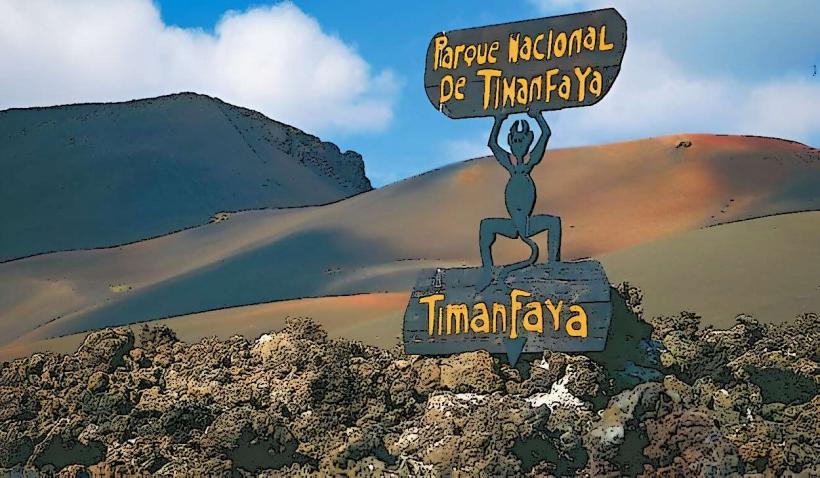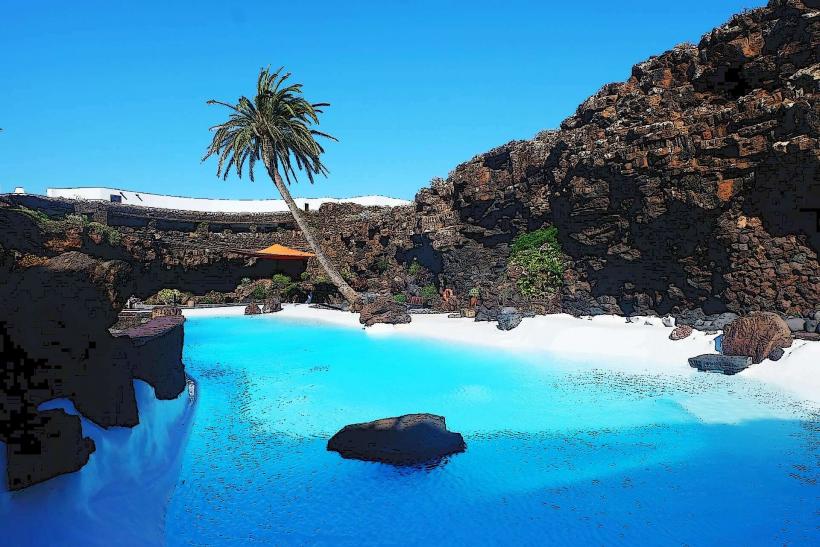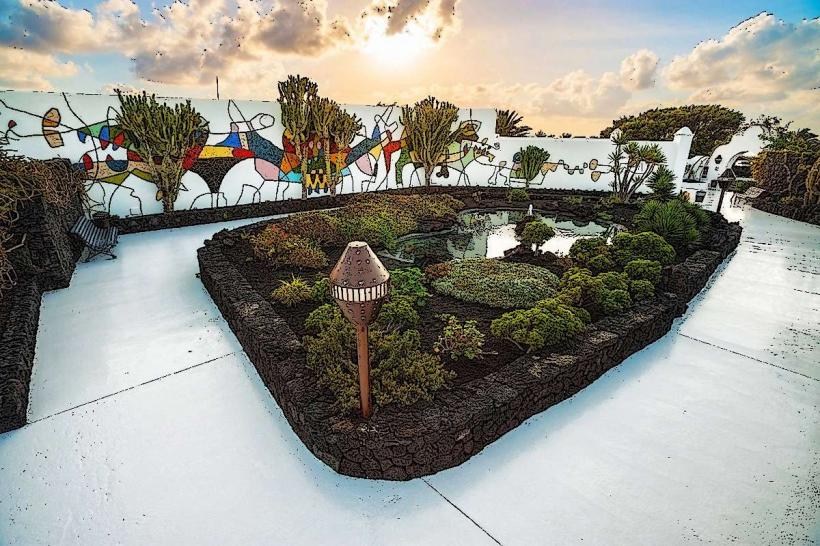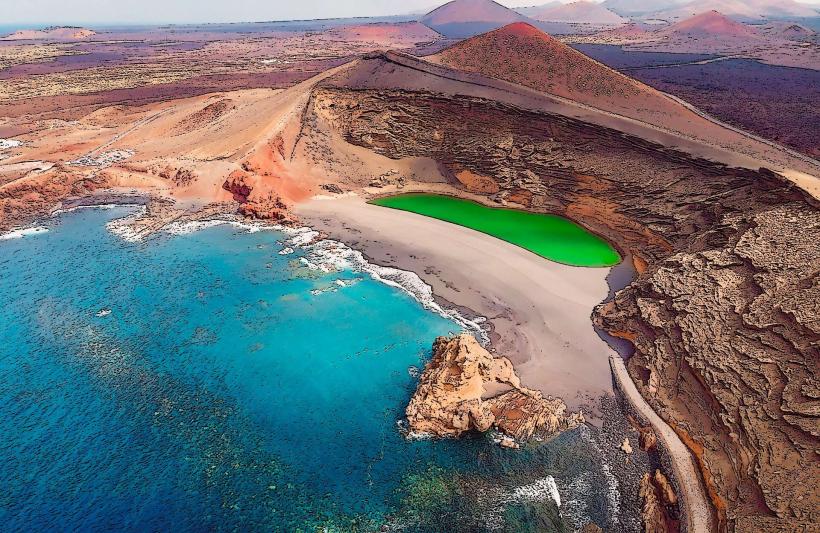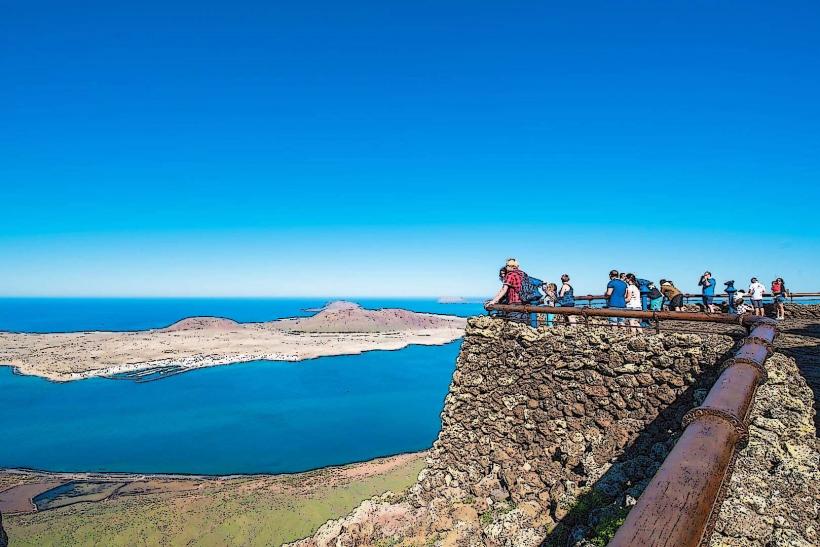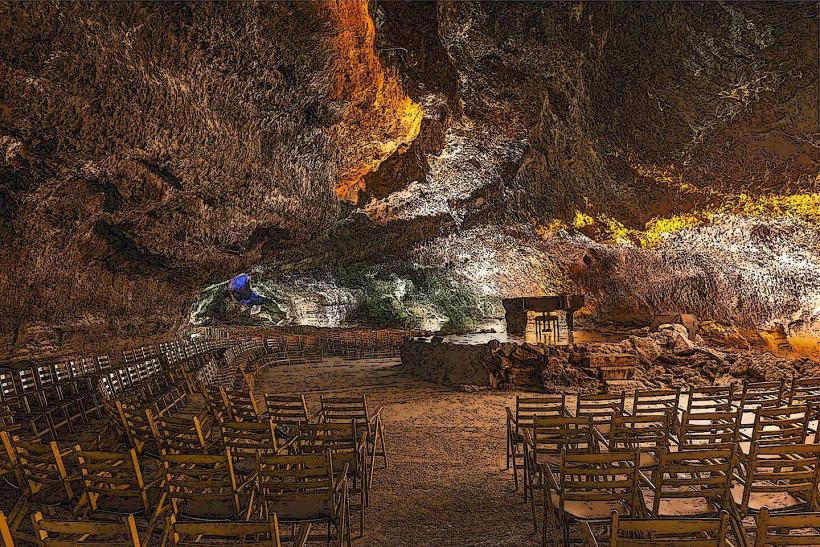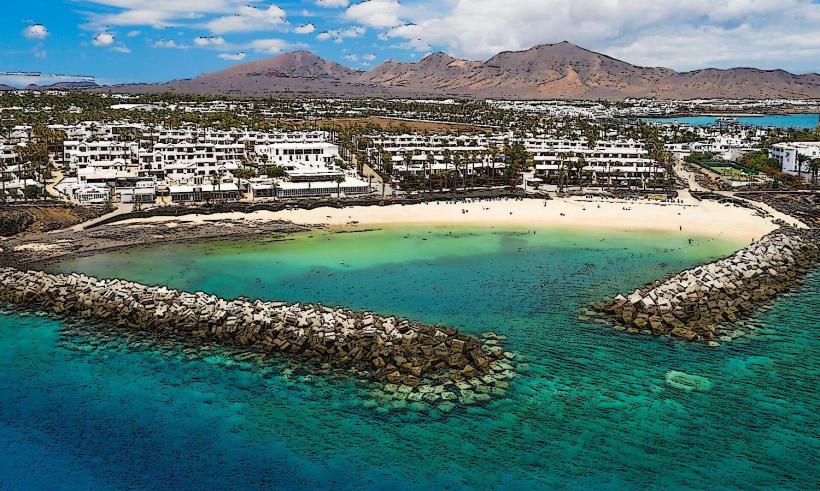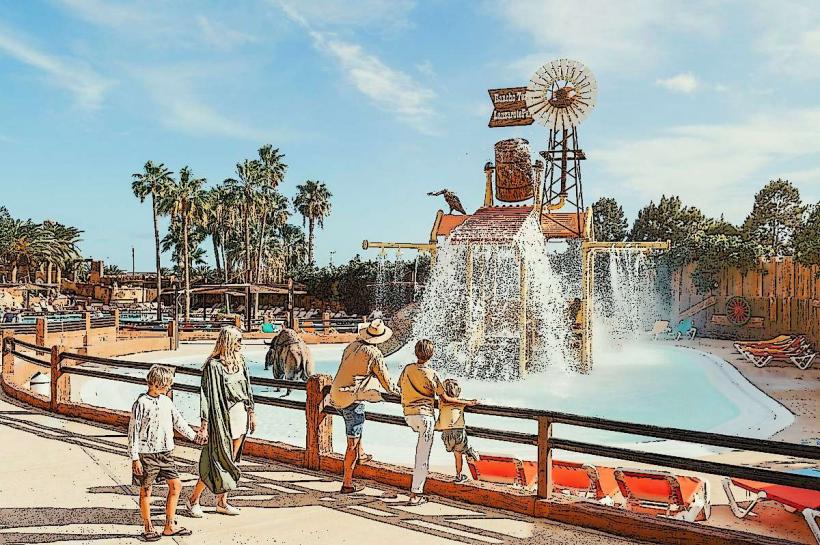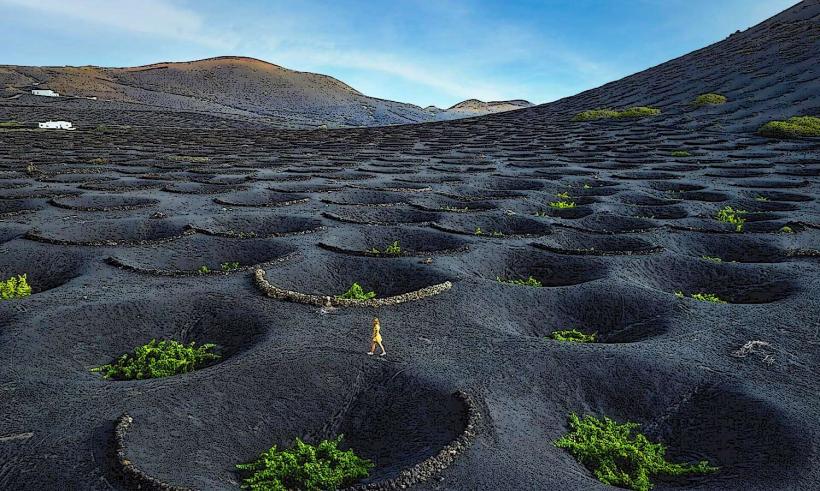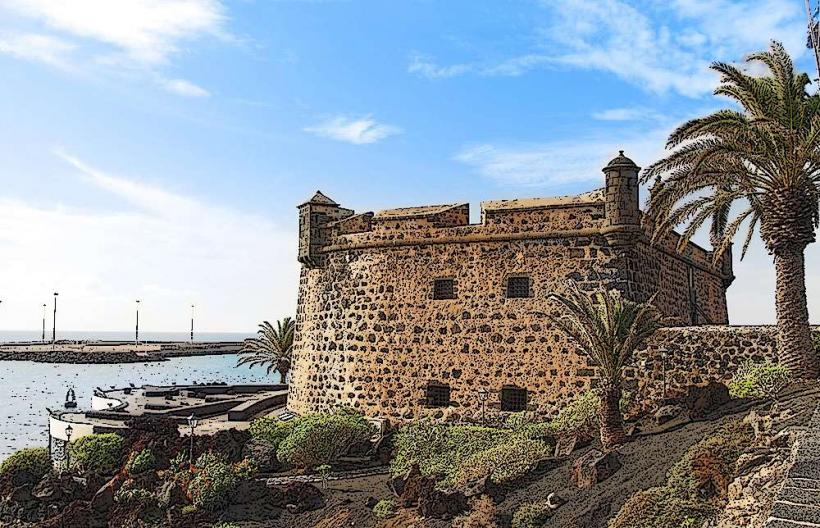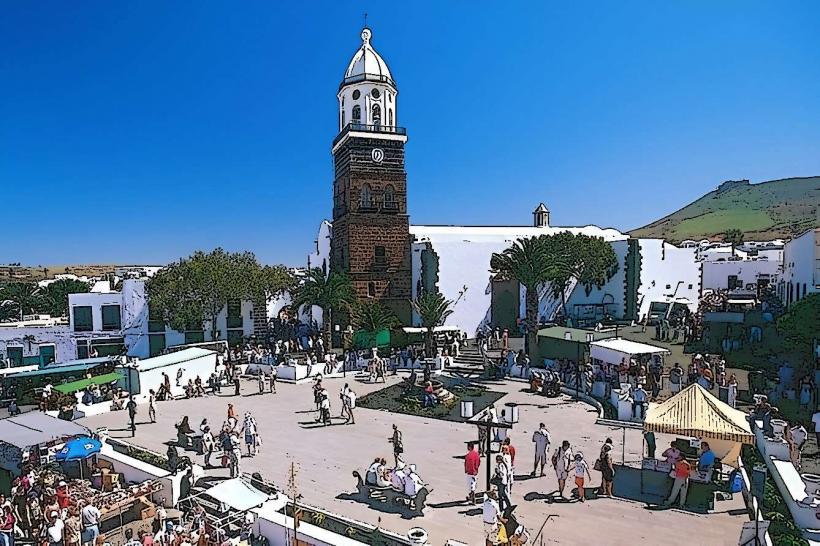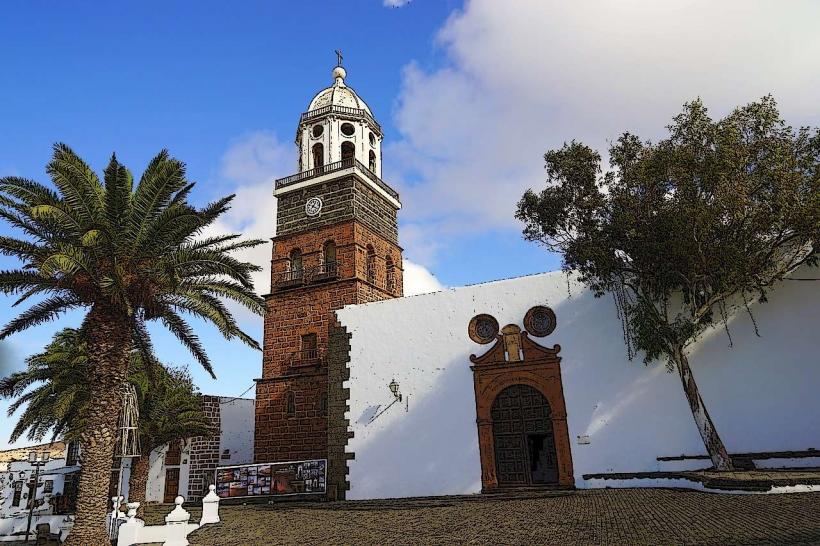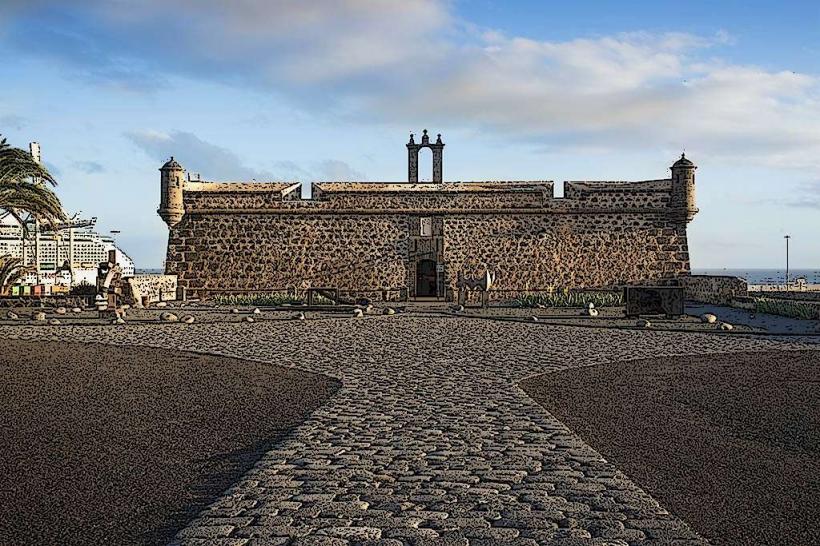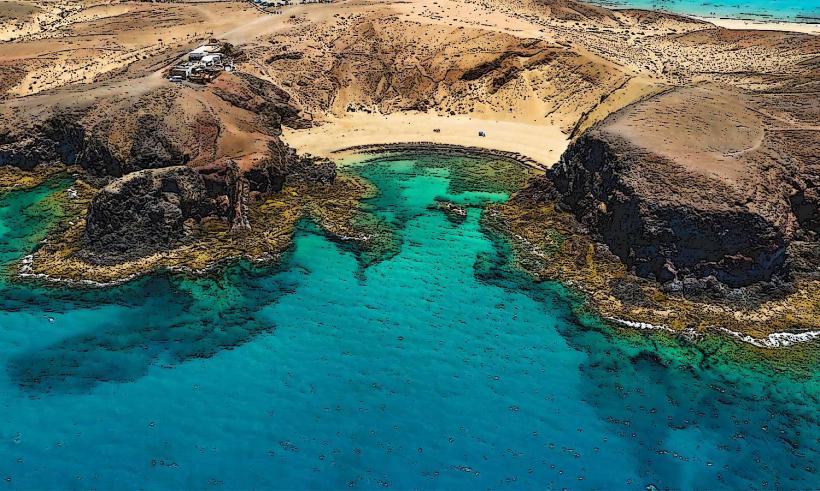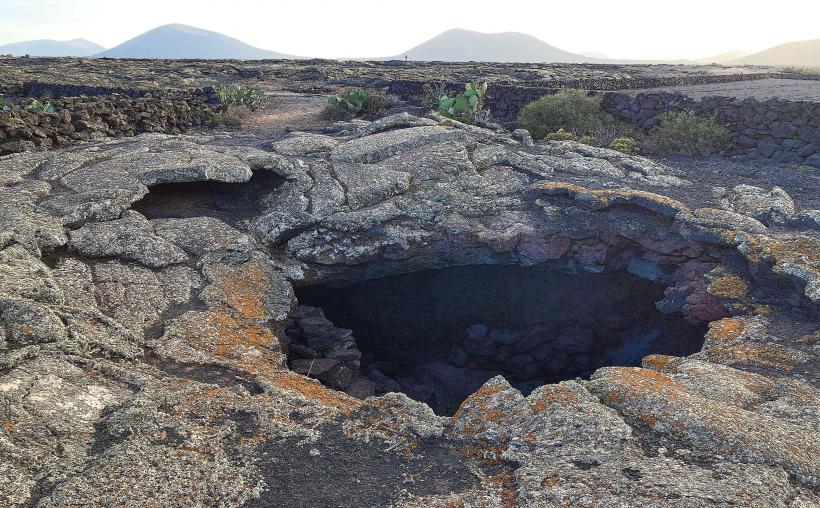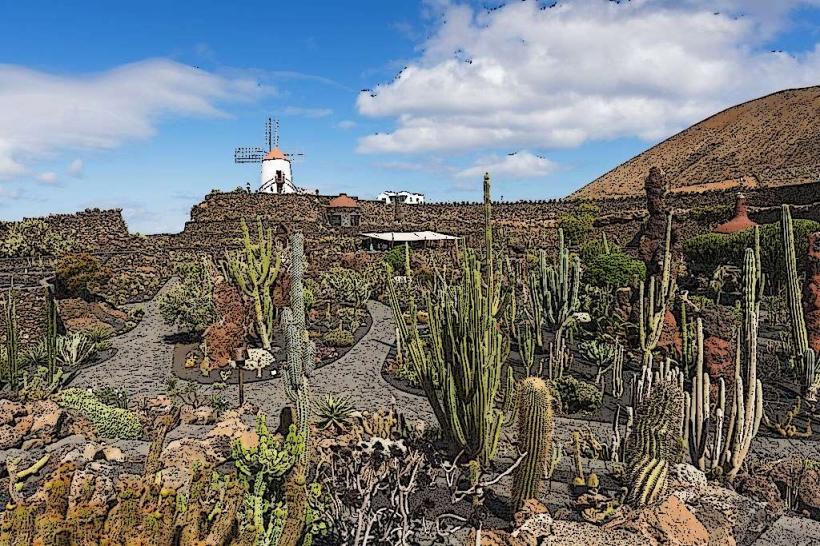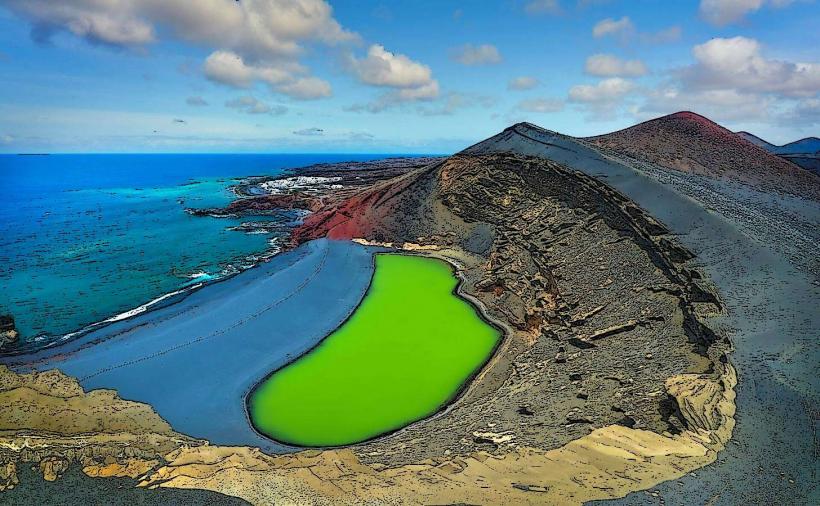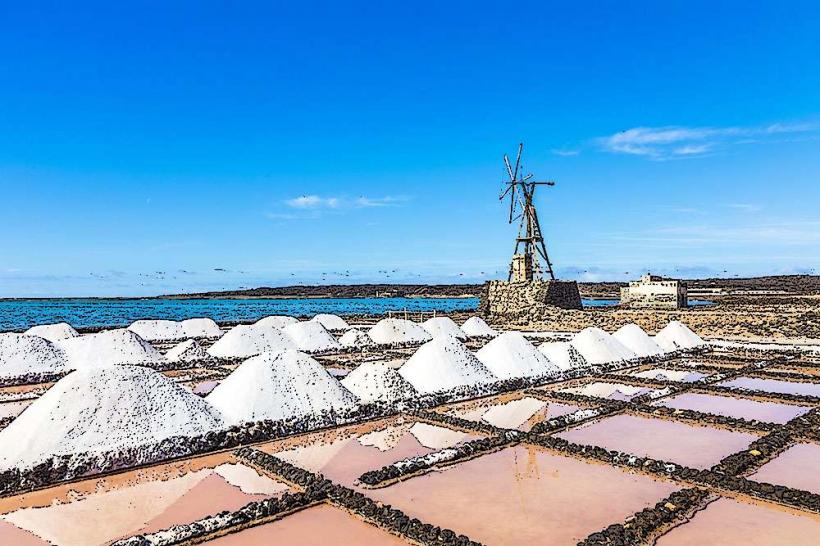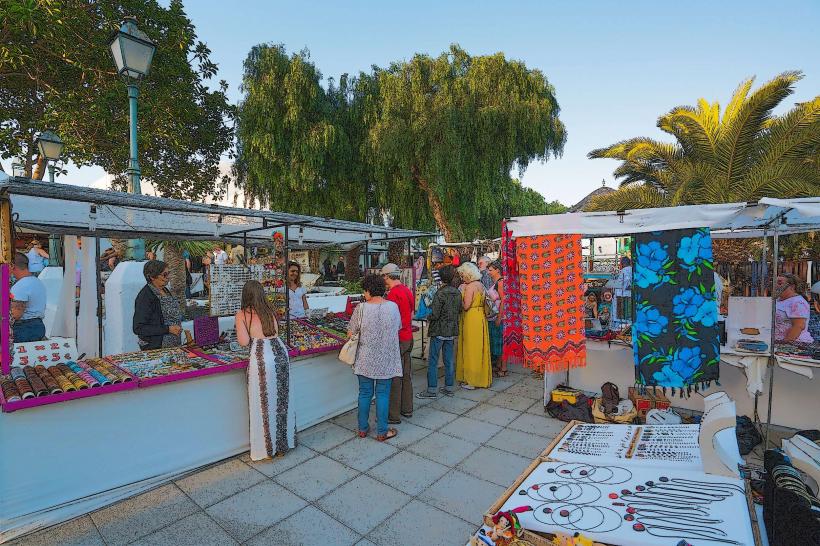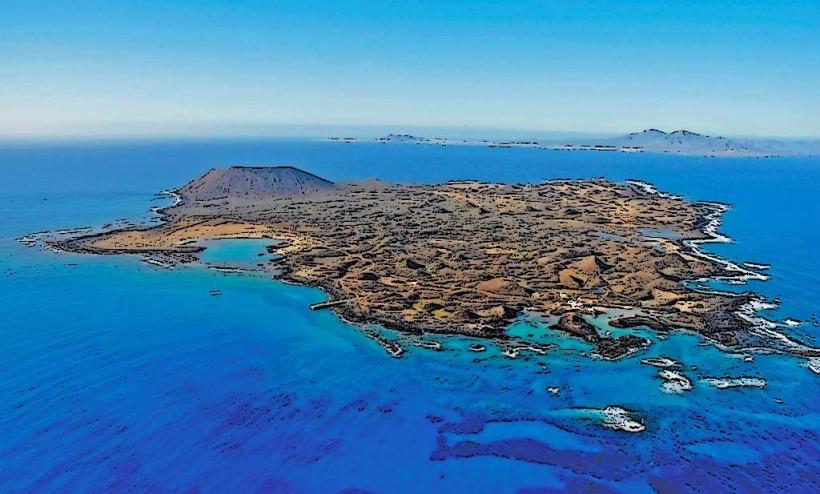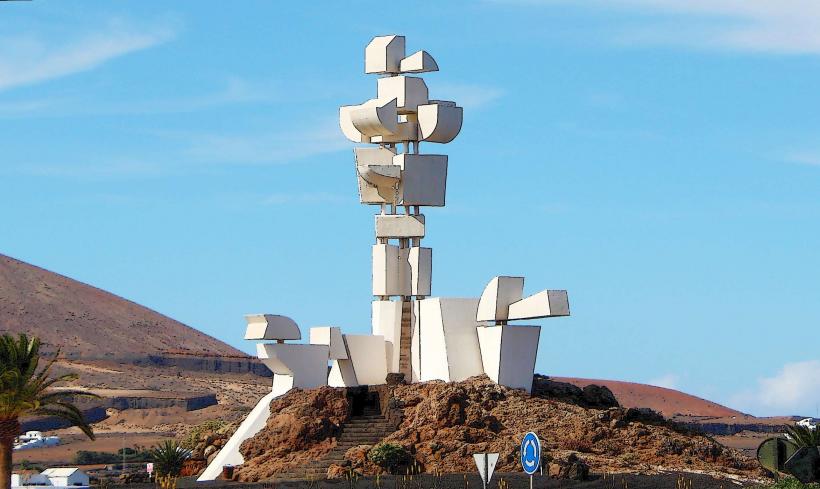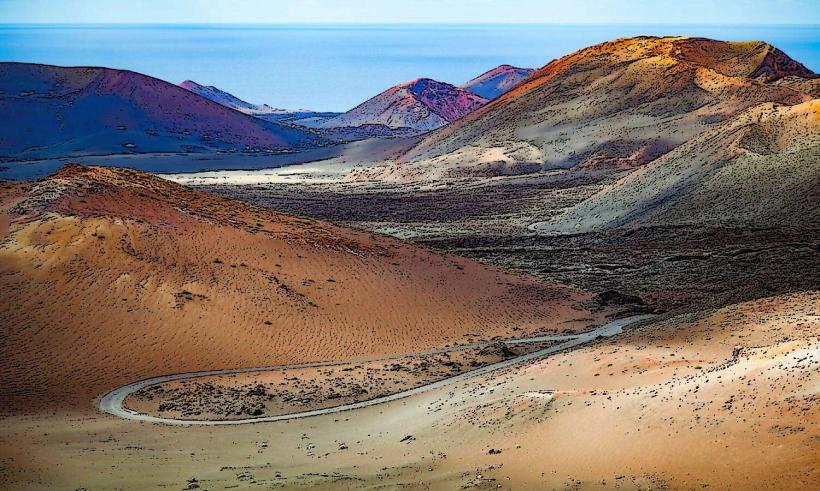Information
Landmark: Finca de UgaCity: Lanzarote
Country: Canary Islands
Continent: Europe
Finca de Uga: A Detailed Guide
Overview
Finca de Uga is a unique agricultural estate located near the village of Uga in Lanzarote, a rural area situated in the southern part of the island. This traditional working farm offers visitors an insight into the island’s agricultural practices, focusing on the cultivation of cactus plants and other local crops. The farm provides an excellent opportunity to experience Lanzarote’s rural life and learn about sustainable farming practices that have been passed down through generations.
The estate is particularly known for its focus on the growing of cactus plants, a signature feature of Lanzarote’s agricultural landscape, but it also produces a range of other crops, including wine, vegetables, and fruits. The Finca de Uga is an important example of how Lanzarote’s unique volcanic environment is used for farming.
Key Features of Finca de Uga
1. Cactus Farming
Cactus Plants:
Finca de Uga is particularly famous for its cultivation of cactus plants, especially Opuntia (also known as prickly pear cactus). The cactus is a vital part of Lanzarote’s agricultural tradition, and its cultivation on the island dates back centuries. The cacti at the finca are used in a variety of products, including food, cosmetics, and medicine.
Cactus and Lanzarote’s Landscape:
The unique volcanic soil and climate conditions of Lanzarote make it an ideal place for growing cactus. Finca de Uga utilizes these conditions to cultivate not only prickly pear cactus but also other varieties that thrive in the harsh, dry landscape. Visitors to the finca can learn about the different types of cacti, their uses, and how they have become an integral part of Lanzarote’s farming culture.
2. Sustainable Farming Practices
Organic Farming:
Finca de Uga promotes sustainable and organic farming practices that align with Lanzarote’s commitment to preserving its natural environment. The estate uses minimal water and natural fertilizers to cultivate its crops, making it a model for environmentally conscious agriculture. Visitors can learn about the importance of water conservation and eco-friendly farming methods in Lanzarote’s arid climate.
Wine Production:
The finca also produces wine, specifically from grapes grown in the La Geria region, an area renowned for its unique volcanic soil. The estate’s wine production is based on traditional methods, and visitors can explore the process of winemaking, from vine to bottle. Tasting the estate’s wines is often part of the visit, allowing guests to enjoy a sample of Lanzarote’s excellent wines.
Variety of Crops:
In addition to cactus and wine, Finca de Uga grows a variety of other crops suited to the island’s volcanic terrain. These include tomatoes, onions, and fruit trees. The farm provides an example of how Lanzarote’s agricultural community has adapted to the challenges of the island’s landscape, creating a sustainable and diverse farming environment.
3. Traditional Canarian Farming Techniques
Historical Farming Methods:
The finca is a great place to learn about traditional Canarian farming techniques. Much of the farming on Lanzarote has been shaped by the island’s volcanic environment, where farmers have developed unique methods to deal with limited water and harsh soil conditions. Visitors can observe how local farmers adapt to these challenges, such as using stone walls to protect plants from wind, and the "zocos" (volcanic ash pits) to store moisture.
Cultural Heritage:
The finca is also a representation of Lanzarote’s agricultural heritage. It reflects the deep connection between the island’s rural communities and the land they work, showcasing the ongoing importance of farming in Lanzarote’s culture. It’s a great opportunity for visitors to connect with the island’s traditions and learn about the way farming has shaped its history.
4. Visitor Experience
Guided Tours:
Finca de Uga offers guided tours for visitors, where knowledgeable guides explain the various agricultural processes and the history behind the farm. The tours are informative and provide a hands-on experience of Lanzarote’s agricultural techniques. Guests can see the cactus fields, learn about the farming methods, and experience the process of wine production.
Tasting and Products:
After the tour, visitors often have the opportunity to taste products produced on the farm, including cactus-based products such as cactus jams, liqueurs, and candies. In addition, wine tastings are often part of the visit, allowing guests to sample the farm’s wines and learn about the wine production process.
Educational and Family-Friendly:
Finca de Uga is a great place for families and children to learn about farming and sustainable practices in an engaging and interactive way. The estate’s educational programs cater to all ages, making it an ideal stop for families looking to experience Lanzarote’s rural life.
5. Scenic Location
Beautiful Surroundings:
The finca is located in a picturesque setting, surrounded by volcanic mountains and expansive fields. Visitors can enjoy the serene, natural beauty of Lanzarote’s rural landscape, with views of the island’s iconic volcanic craters and vineyards.
Peaceful Atmosphere:
The peaceful, tranquil environment of Finca de Uga offers a stark contrast to the busier, tourist-filled areas of Lanzarote. It is a place where visitors can unwind, take in the natural surroundings, and appreciate the slower pace of rural life on the island.
Why Visit Finca de Uga?
Finca de Uga provides an authentic experience of Lanzarote’s rural and agricultural heritage, making it a must-visit for anyone interested in the island’s farming history or sustainable agriculture. The finca offers a chance to connect with the island’s past and present, exploring the unique farming techniques that have enabled the island to thrive despite its challenging environment. Whether you’re interested in cactus cultivation, wine production, or learning about sustainable farming, Finca de Uga offers a comprehensive and enjoyable experience that highlights Lanzarote’s deep connection to its land.

